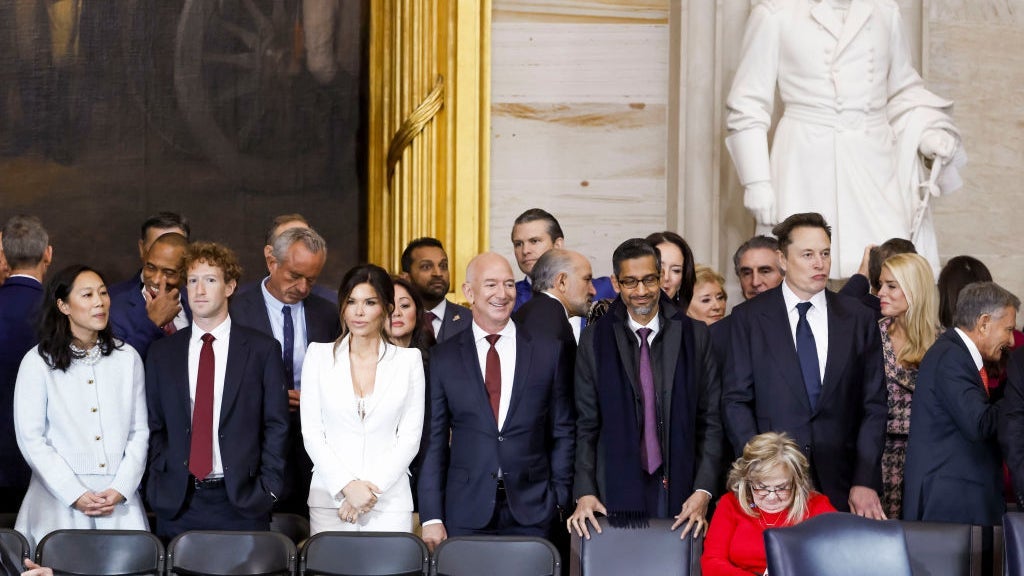The Covid-19 pandemic has had a negative impact on most industries, but has been largely beneficial to esports. A prompt transition into online formats has allowed them to weather the impact of the virus. As traditional sporting events remain on hold, prominent sports clubs and celebrities have taken to esports to keep in touch with fans online and raise funds for charity. This has pushed esports further into the mainstream and brought it to the attention of a wider audience.
Listed below are the key macroeconomic trends impacting the esports industry, as identified by GlobalData
COVID-19
The Covid-19 outbreak of 2020 has led to the cancellation of dozens of esports events, with many more postponed indefinitely. Some events are moving online to mitigate the spread of the disease. ESL’s CS: GO Pro League, Riot Games’ League of Legends championships, Activision Blizzard’s Call of Duty League, and Take-Two Interactive’s NBA 2K League are all being launched in online formats. EA is also adopting the same approach for Apex Legend, FIFA, and Madden events. Epic Games and Activision Blizzard are already working on latency optimisation for Fortnite and Overwatch, which are played by teams and franchises from different regions.
Prize pools
A whopping $216m in esports prize money was awarded in 2019, according to Esports Earnings. The industry looks certain to eclipse this record in 2020. This creates a virtuous circle whereby large prize pools attract bigger and better teams, which leads to greater audiences, which leads to more ad sales, which leads to more sponsorship, which results in bigger prize pools.
Franchise leagues
Activision Blizzard and Riot Games launched the first esports franchise leagues in 2018, replicating the traditional sports business model. The model helps developers to retain complete control over their intellectual property (IP), including games, league structure, rules, policies, partnerships, and profit. It provides stability for investors, as it shields contests from independent organisers. Franchise leagues usually feature a fixed set of teams, helping advertisers to target specific groups of customers that are loyal to the game and certain players or teams. NBA 2K League, a partnership between NBA and Take-Two Interactive, replicates the traditional league format featuring playoffs, trades, and drafts, aiming to unite the online and offline audiences of the NBA.
Investments
Esports garnered $4.5bn in investments in 2018, mostly driven by venture capital firms and high net worth individuals, according to figures from Deloitte. As both industry revenues and audience figures continue to grow rapidly, private equity (PE) firms are gaining confidence in esports. Between 2014 and 2017, according to Deloitte, PE groups made four esports investments, which grew to 11 in 2018.
Traditional sports
Traditional sports clubs, including America’s NFL, NBA, NHL, and more than ten European football clubs, have entered esports in pursuit of new fans. In 2020, with most live sporting events cancelled due to Covid-19, players from across the sporting world are taking to digital platforms to engage with fans. The La Liga Santander Challenge, a FIFA 20 tournament featuring 18 La Liga teams, attracted over one million online viewers in March 2020. Meanwhile, footballers like Mesut Özil, Sead Kolašinac, and Julian Draxler are playing Fortnite and broadcasting live streams of their sessions.
Viewership
An estimated 646 million people will watch esports online by 2023, up from 443 million in 2019, according to Newzoo. Given the scale of this audience, it is no surprise that media channels and advertisers are rushing into esports. Esports does lack standardised viewership measurement metrics, which could be a long-term concern for stakeholders looking to identify consumer trends, implement new monetisation models, and analyse return on investment (ROI). To address this issue, esports organisers ESL and DreamHack partnered with Nielsen to develop standardised metrics for measuring esports viewing.
Broadcasting
The esports gold rush has sparked competition among streaming platforms like Twitch, YouTube, and Mixer. Intensifying the competition is growing interest in esports from mainstream channels, such as ESPN, NBC, TBS, and Movistar. Over the next two years, with the entry of AT&T’s WarnerMedia, Comcast’s Xfinity, and Verizon’s Fios, the existing streaming platforms, especially Twitch and YouTube, could lose market share. Mixer, on the other hand, could face an existential threat due to its already low popularity.
DouYu, the Chinese streaming giant that completed an IPO in 2019, is expected to target the North American and European markets in 2020. With exclusive streaming rights for 30 major tournaments in China, DouYu will dominate domestically, ahead of Huya, Youku (Alibaba), and Egame (Tencent). YouTube’s acquisition of multi-year live-streaming rights for the Overwatch League and Call of Duty League starting 2020, and Mixer’s deal with influential streamers, like Ninja and Shroud, to broadcast exclusively on the platform are the early examples of the trend.
This is an edited extract from the Esports – Thematic Research report produced by GlobalData Thematic Research.








